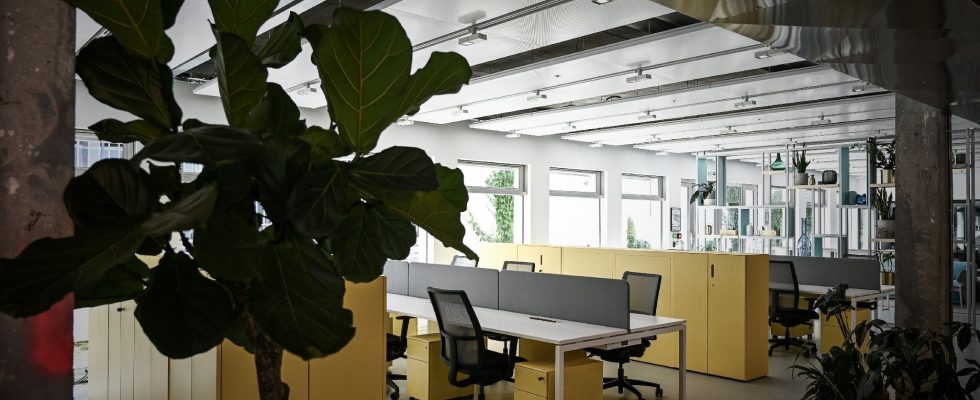In our short-term democracy, the resolution of emergencies governs analyzes and decisions. The government is putting out fires with its public money lance. The State devotes the majority of its resources to stifling outbreaks of fire that could lead to social conflagration. Companies find it difficult to plan ahead. This focus on the immediate allows a gigantic risk to develop: not seeing the underlying movements, which are slower, but likely to cause damage to our nation that is difficult to repair. So it is with the question of productivity, left to economists, even though it constitutes the No. 1 subject for the future of our prosperity.
This productivity measures what each of us generates in wealth for the country, in a given time – an hour or a day. According to the National Productivity Council (CNP), rigorously led by Natacha Valla, the productivity of our work has been at half mast since the outbreak of Covid. It is 6.5% lower than its pre-pandemic level. France’s productivity is low, and it is not rising. Concretely, this blockage, if it continues, means that our income is condemned to stagnate.
The three reasons for the decline
The CNP, in its report published last October, sees three reasons for this poor performance. The first is teleworking. Business leaders have not yet managed to properly “tune” remote operation. Between employees who do not work enough at home, those who work poorly, or professions, in creativity or innovation, who have difficulty coping, management is struggling to make teleworking a lever for efficiency. It’s actually quite the opposite at the moment.
The second reason is linked to the 1.2 million jobs created since the pandemic. This is obviously fantastic news on a social level. Quite simply, the majority of these job creations concern young people in apprenticeships and poorly trained people, which drags down productivity.
The third reason, less well known, is statistical. France has suffered for a long time from particularly heavy corporate taxation – things have improved over the past six years – which has led to transfers of head offices abroad. These relocations result in the recording of profits and the making of intangible investments, in software for example, outside France, even if the industrial geography of these companies does not change. In other words, we still produce in France, but the profits and part of the investments are located abroad. These “virtual” relocations result in lower productivity figures than if the head offices had remained in France. This distortion is statistical, but it is worth noting if we want to understand our poor numbers.
The hopes of AI
The CNP’s findings are therefore generally negative. However, we clearly see the path to recovery. Companies must train and support their managers, and perhaps reduce the proportion of teleworking time a little, to increase employee motivation and production. Young apprentices and new hires with low qualifications will gradually acquire experience. Relocations are less strong today than in the past, the taxation of head offices having been normalized: it should definitely not be touched.
Above all, the use of generative artificial intelligence (AI), like ChatGPT, should allow us to explode productivity gains. Today, the few companies that use AI exploit 10% of its potential. As for public services, let’s not talk about them. Which hospital uses AI for patient appointments or procedure planning? None. Prosperity is possible. But let’s collectively be interested in the groundswells that shape the future, and not just the ripples.
*Nicolas Bouzou is an economist and essayist
.
